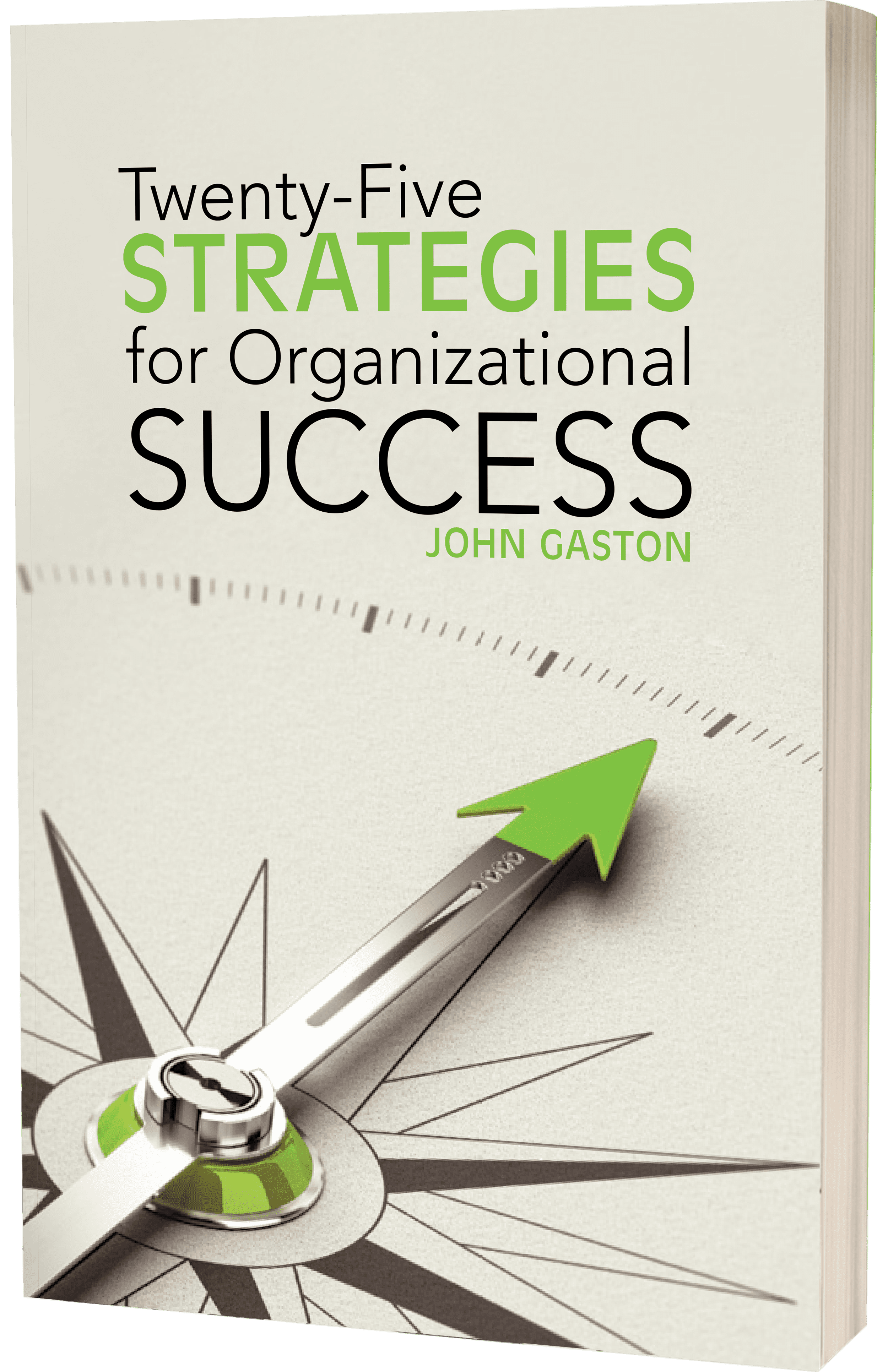Learn About Gaston Strategies
About the Author
John Gaston’s work ethic started as a 3rd grader, chopping, and picking cotton on a Mississippi Delta plantation near Sidon, MS. Throughout high school he worked in a men’s clothing store. During his studies at Mississippi State University, he worked in the cafeteria, YMCA, and the USDA crop research lab. He worked in bridge construction during his summers.
Within one year of graduating and being commissioned in the U.S. Air Force, he directed combat aircraft in Viet Nam’s Mekong Delta, during and after the ’68 Tet Offensive.
John Gaston brings forty-plus years of lessons learned from leading and managing a number of nationally recognized organizations within government and industry to the reader. He has led multiple diversely populated intelligence teams—including scientists, engineers, psychologists, physicists, chemists, and human- factors analysts—in assessing strategic foreign aerospace research, development, and test capabilities. He worked with CIA and DIA analysts and decision-makers in elevating national focus on foreign chemical and biological warfare capabilities, Soviet space activities, and advanced aerospace platform designs while orchestrating several successful information collection activities.
In Japan and Korea, he supervised teams in operational- intelligence, battle- management, and command- and- control functions.
He directed government and industry teams protecting some of the nation’s most sensitive, classified research, development, and operational programs, involving thousands of people, hundreds of suppliers, and billions of dollars.
During these years, he coached and mentored numerous young officers, civil-service SMEs (subject matter experts), and industrial security specialists in developing their technical, managerial, and leadership skills. Over time, many of these individuals received assignments involving much greater responsibility and authority.
He has lectured at national and international security conferences regarding the need to protect US trade secrets and proprietary information from foreign cyber-attacks and internal espionage activities.
His awards include Outstanding Civilian Career Service Award, USAF; Special Programs Security Specialist of the Year, USAF/AFMC; C- 17 Malcolm Baldrige National Quality Award, Planning Team Member; James S. Cogswell Award, Team Leader, DOD/DIS; Security Education Activity of the Year, Team Leader, SAF/AQ; the Bronze Star medal; three Meritorious Service medals; four Air Force Commendation medals; Viet Nam Honor Medal, 1st Class; multiple USAF organizational awards with “V”; YMCA Golden Triangle Award; and the CYO Eagle of the Cross Award.

"My Goal..
Our Team

John Gaston
Primary Advisor, Senior Partner and Author

Jean Gaston
Partner, Editor and Quality Assurance Officer
Gaston Strategies
Customer Review


